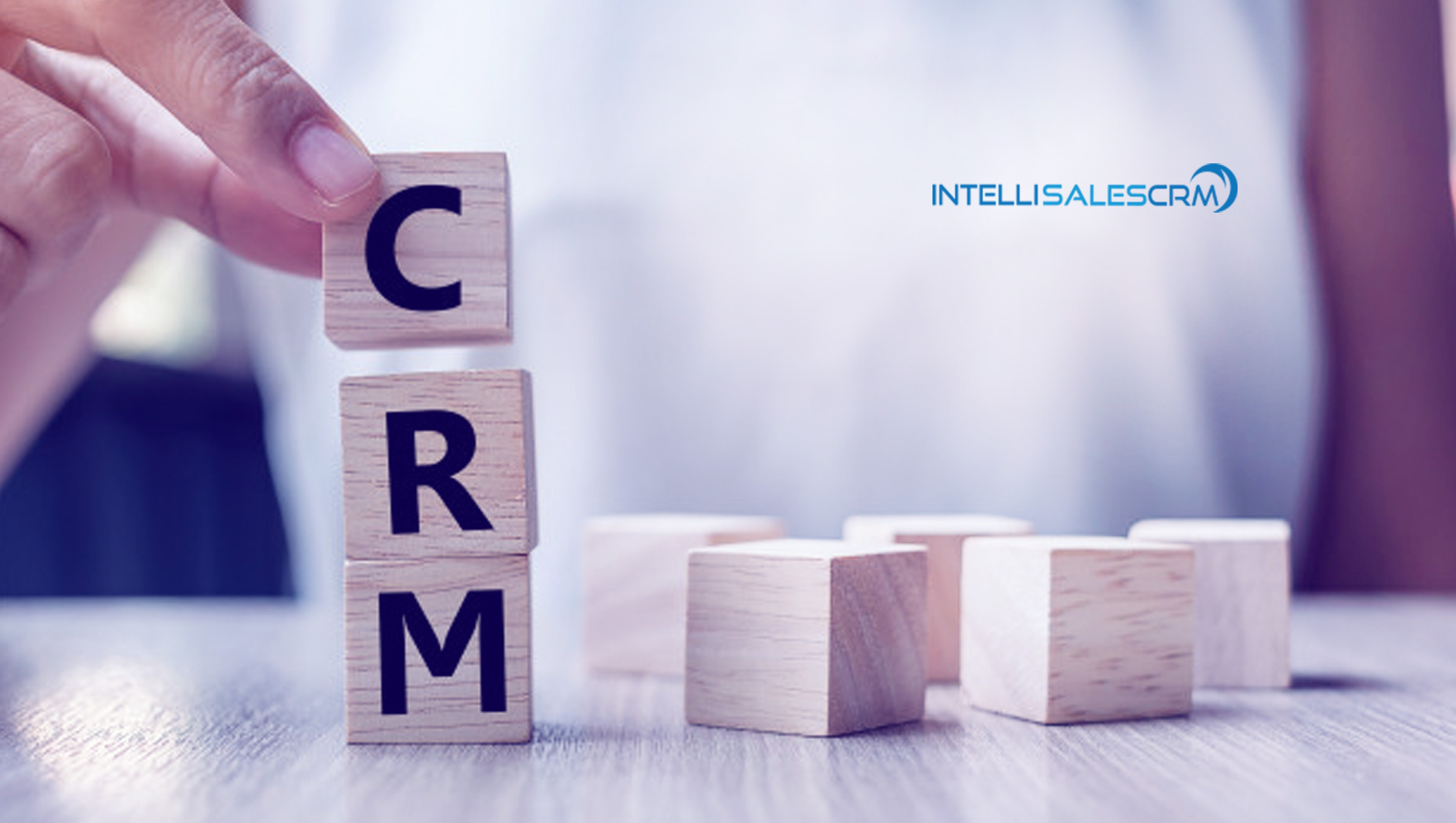New technologies like 5G and Rich Messaging are turning 2019 into a pivotal year for mobile marketing. Arguably, the industry has not seen such innovation and change since the launch of the smartphone. 5G promises to make the smartphone faster and more powerful, while Rich Messaging will bring both enhanced and totally new features to messaging. Messaging apps are already one of the most frequently used mobile apps and the introduction of Rich Messaging will make it the undisputed killer app.
So, what is Rich Messaging? If you’re an iPhone or Android user, think of it as iMessage or Google Messages on steroids. Both Apple and Android have introduced expanded features, which makes messaging so much more than just text, allowing you to send images with links, appointments and payments, all within a messaging conversation.
Read More: Key Social Media Monetization Tactics for Mobile-First Gaming Brands
Messaging Becomes the Killer App
In the past, email was the killer app for consumer communications. But, messaging is already the preferred way people communicate in their personal lives and it will become the killer app for businesses too. Today, customer experience is fragmented. A person makes a purchase on the web, receives a text or email that it has shipped, and then must call customer service if that package doesn’t arrive, or go back online to process a return if it is damaged or doesn’t fit. With Rich Messaging, all of this is unified and accomplished without leaving the messaging app.
A customer can buy shoes by messaging and the retailer can send a confirmation and track back in the same way. If the shoes don’t arrive or fit, the retailer can handle the entire post-purchase experience in messaging. All done in a way that’s not intrusive, yet branded.
A detail mentioned before, that may have piqued interest was: buying in messaging. Web traffic on mobile is exploding and more purchases are being made by phone. But, if a customer has a question, traditionally the only option available was to call the company. No matter how good the customer service rep is, they’ll never do justice verbally, explaining the design of the shoe like a picture or video could. With Rich Messaging, the rep can message back and forth to understand what the consumer wants through imagery, then complete the transaction.
Read More: Top 10 Apps Like Instagram
Rich messaging can also be used by outbound marketers to send offers, such as sales and product recommendations. But, outbound marketing via messaging should also be used with caution. Like email, messaging is opt-in, but inherently much more personal. Brands need to understand the consumer’s expected level and type of acceptable interaction on this platform.
But right now, brands options are limited until Rich Messaging is implemented by all messaging platforms and carriers. RCS relies on cell carrier support and is currently being rolled out just to Android. Apple Business Chat is a nod towards its potential: it allows companies to communicate with customers across the iMessage platform and the Messages App.
While we wait for this to happen, marketers should plan to update their mobile customer engagement strategy to include Rich Messaging. Early adopters of Rich Messaging have already begun experimenting and some have already moved to full-scale implementation. It’s a trend you can’t ignore.
Read More: How to Analyze Your Lead Generation Form Using Google Tag Manager












Comments are closed.